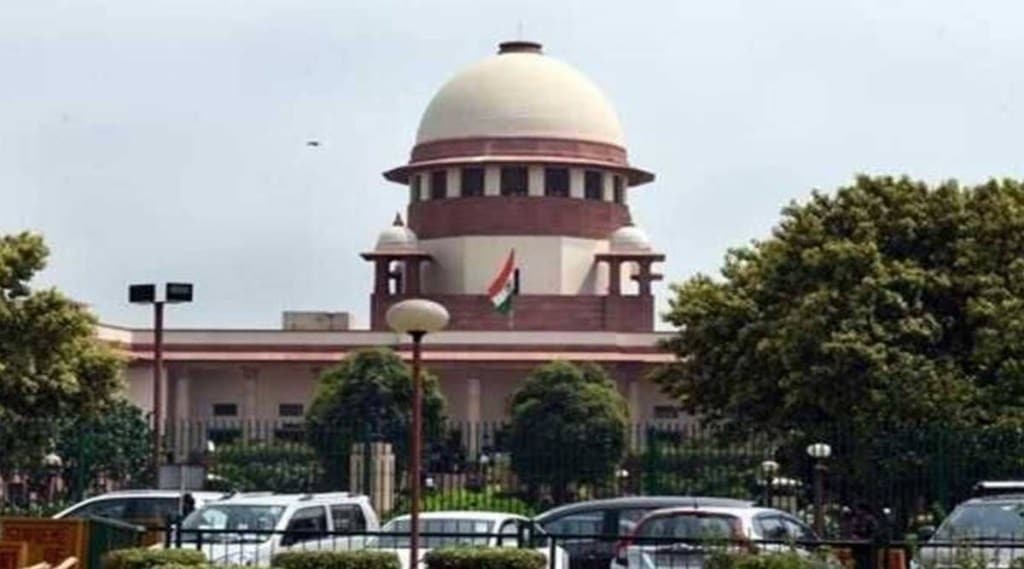The Supreme Court has set aside the Securities Appellate Tribunal’s (SAT) decision that upheld the Securities and Exchange Board of India’s (Sebi) order that imposed a total fine of Rs 1 crore on four individuals and Quick Developers Pvt Ltd (QDPL), and also barred them from the securities market for a year in a case of alleged insider trading activities in the shares of PC Jeweller during April-July 2018.
“…the SAT order suffers from nonapplication of mind and the same is a mere repetition of facts stated by the Whole Time Member (of Sebi). The tribunal was… bound to independently assess the evidence and material on record, which it evidently failed to do,” a bench led by Justice Vineet Saran said, while directing Sebi to refund the deposits made by the parties towards fine.
The SAT had in October 2021 upheld the market regulator’s May 2021 order that had also restrained Shivani Gupta, Sachin Gupta, Amit Garg, Balram Garg and QDPL from dealing with the securities of PC Jeweller, directly or indirectly, for two years.
Holding that both Sebi and the SAT had erred in holding them guilty of the offence of insider trading in the absence of any other concrete evidence, the bench said that “SAT erred in holding the appellants to be insiders in terms of the PIT Regulations on the basis of their trading pattern and their timing of trading… there is no correlation between the Unpublished Price Sensitive Information (UPSI) and the sale of shares. The decisions of selling the shares and the timings thereof were purely a personal and commercial decision undertaken by them and nothing more can be read into those decisions.”
Senior counsel V Giri and Dhruv Mehta, appearing for the appellants, contended that the entire case of insider trading is set up against them only on the basis of the close relationship between the parties. However, they argued that the appellants had given sufficient evidence to demonstrate that there was a complete breakdown of ties between them, both at a personal and professional level, and that the estrangement was much prior to the UPSI having coming into existence. They further contended that the charges had been sustained solely on the basis of circumstantial evidence viz. trading patterns and timing of trades by them.
Sebi had argued that the late Padam Chand (the chairman of PC Jewellers) and Balram (promoter of PC Jeweller) communicated UPSI with regard to the proposal for buyback of equity shares and its subsequent withdrawal to Shivani, Sachin, Amit and QDPL. The individuals and entities traded in the shares of PC Jeweller while in possession of UPSI, which was in violation of insider trading norms.
However, the SC rejected the Sebi’s stand and held that Shivani, Sachin, Amit and QDPL were not “immediate relatives” and were completely financially independent of Balram and had nothing to do with him in any decision-making process relating to securities or even otherwise. It also said that QDPL was neither a “holding company” or an “associate company” or a “subsidiary company” of PCJ, nor had Balram ever been its director, therefore QDPL cannot be held to be a “connected person” vis-a-vis Balram.

